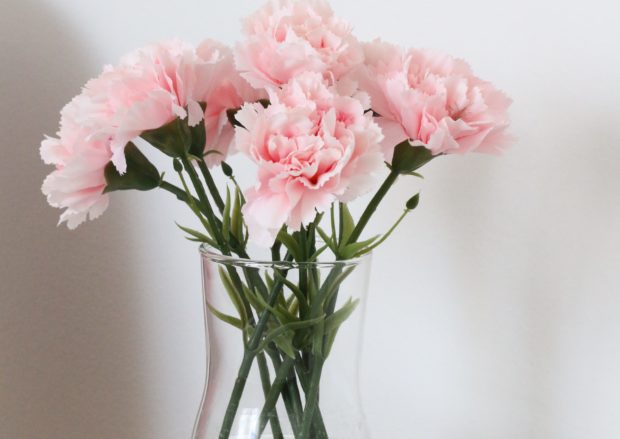How to Stay Healthy During Your Period

When it comes to your menstrual period, there are a couple of things that you may not be able to predict, like the time of day when you will period start. But luckily, there are a lot of things you have control over, like how you feel, act, or perform your daily duties.
Period blues many get you down or make you feel less enthusiastic and confident than usual. Finding ways to stay energized throughout your period and overcoming PMS can go a long way in ensuring your overall wellbeing and happiness.
But with tender breasts, muscle aches, bloating, fluid retention, abdominal cramps, acne, headaches, constipation, fatigue, lower back pain, low energy, trouble sleeping and/or diarrhea to content with, keeping your cool can be a tall order.
So, the question becomes, how do you stay healthy during your period? Read on to find out.
Try to relax
There is always work to be done professionally, domestically and sometimes, both. These are duties that you need to accomplish. However, some other responsibilities can wait. Chinese medicine suggests that women should try to minimize taxing situations, eat nourishing food, keep warm, avoid heavy lifting, and get enough rest. If you are married, you may take a break from sex because your body is trying to get rid of things, not bring them in.
Use menstrual cups for your peace of mind
You can use different supplies to hold your periods – pads, tampons, cotton, or a menstrual cup. All these supplies pack their own sets of pros and cons. However, when you consider your convenience, bank balance, and peace of mind, then menstrual cups are a great option. Menstrual cups are reusable, and like tampons, are inserted into the vagina. The main difference between the two is that tampons hold about 50% of the menstrual fluid’s volume than cups, and require frequent change. If you are new to the concept of using menstrual cups, it might be best to check out these period cup reviews before going all in.
Do some exercises
Exercising is a great part of your lifestyle. And it is not just ideal for your overall body – it also can help with period cramps, among other related symptoms like difficulty sleeping and fatigue. If you deal with debilitating cramps, you may get relief at the gym. According to experts, working out while on your period is just perfect timing. Studies reveal that women have a faster recovery period and higher pain tolerance during periods. So, in as much as you may feel like staying in bed with your heating pad around your tummy all day, this might be the best time to push yourself and sweat the pain away.
Go outdoors
This point goes hand in hand with exercising. Instead of sitting in the house waiting for the periods to end, take a walk outside and connect with nature. Doing this will not only give you energy, but it will also open you up to new, rich oxygen supply. You will be surprised by how much better a walk or stroll will make you feel.
Don’t change your diet
Menstruation is often associated with cravings, as well as low energy, diarrhea constipation, bloating, and so on. It is, therefore, not the best time to want to give in to your cravings, experiment with some new delicacies or indulge in different diets that you aren’t so used to. Experts recommend sticking to your healthy diet. And if you have to eat something you crave, do so in moderation.
Stay hydrated
Drinking plenty of water while you are all bloated can feel like a struggle, but you need to stay hydrated during your period. Remember, the more water you drink, the easier it will be to get rid of water building up in your body. Stick to the 6-8 glasses a day practice – though you can also substitute a glass of water for milk or juice. If you are on the move, carry with you a water bottle, so you don’t end up dehydrated.
Eat small servings throughout the day
Rather than eating lots of food in one serving, try to spread your servings throughout the day. Enjoying smaller meals allows you to maintain your energy levels and also keep your moods in check. There is a link between hunger and feeling irritable. By eating throughout the day, you get to minimize such occurrences, consequently, making it all easier and tolerable.
Take medications
Headache, abdominal cramps, back pain, and muscle pain can make your period unbearable. If you are dealing with one or more of these problems, you can grab some over-the-counter painkillers to help ease the pain. If you are still experiencing pain or discomfort after taking medication, you may want to talk to a gynecologist. He or she will be able to determine whether there is an underlying problem that needs attention.

